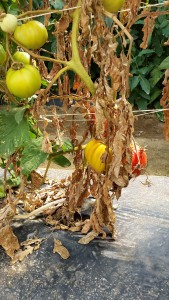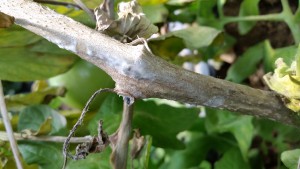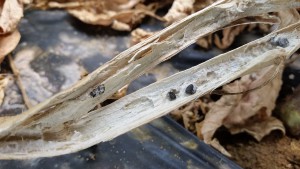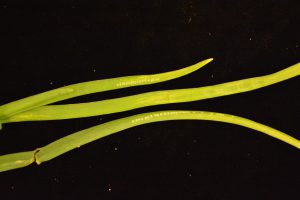 The Governor signed Executive Order No. 122 into law on Wednesday, April 8th. This rule impacts retail sales locations that fall under the Executive Order No. 107 “essential retail business” category. While many of the items would not be considered new, the requirement of cloth face coverings and gloves for employees is.
The Governor signed Executive Order No. 122 into law on Wednesday, April 8th. This rule impacts retail sales locations that fall under the Executive Order No. 107 “essential retail business” category. While many of the items would not be considered new, the requirement of cloth face coverings and gloves for employees is.
Face coverings for employees:
Workers are required to wear face coverings while at the retail location unless the covering would inhibit the individuals health. Businesses are required to supply face coverings to workers. The Executive Order does not acknowledge the fact that purchasing facemasks is currently very difficult. The Executive Order does state that workers can supply their own face covering when preferred by the employee. Guidelines on how to make, wear, and handle face coverings can be found on the Rutgers On-Farm Food Safety COVID-19 webpage. Printable signage is also available on the website. Some community organizations are making cloth face coverings. These may be a resource for your workers who are not inclined to make their own if you are unable to provide them. Be sure to train your employees on proper use. This face covering is not to be worn as a replacement for other personal protective equipment, such as those worn for pesticide applications.
Gloves for employees:
Businesses are required to provide gloves to employees who are interacting with customers and/or handling saleable goods.
Face coverings for customers:
Customers are required to wear cloth face coverings when they enter the retail area. When an individual refuses to wear a face covering for non-medical reasons the business should find an alternative method of shopping for the customer. Options could include pre or outside ordering with pick-up or delivery to the customer outside of the establishment. Businesses may not ask for proof of a customers medical reason for not wearing a mask.
Visit the Rutgers On-Farm Food Safety COVID-19 webpage for updated resources relevant to your farm operation and COVID-19
Language specific to cloth face coverings and glove use from Executive Order No. 122 is below:
Essential retail businesses that are still permitted to operate under Executive Order No. 107 (2020) must adopt the following policies:
Require workers and customers to wear cloth face coverings while on the premises, except where doing so would inhibit that individual’s health or where the individual is under two years of age, and require workers to wear gloves when in contact with customers or goods. Businesses must provide, at their expense, such face coverings and gloves for their employees. If a customer refuses to wear a cloth face covering for non-medical reasons and if such covering cannot be provided to the individual by the business at the point of entry, then the business must decline entry to the individual, unless if the business is providing medication, medical supplies, or food, in which case the business policy should provide alternate methods of pickup and/or delivery of such goods. Nothing in the stated policy should prevent workers or customers from wearing a surgical-grade mask or other more protective face covering if the individual is already in possession of such equipment, or if the business is otherwise required to provide such worker with more protective equipment due to the nature of the work involved. Where an individual declines to wear a face covering on store premises due to a medical condition that inhibits such usage, neither the essential retail business nor its staff shall require the individual to produce medical documentation verifying the stated condition.






